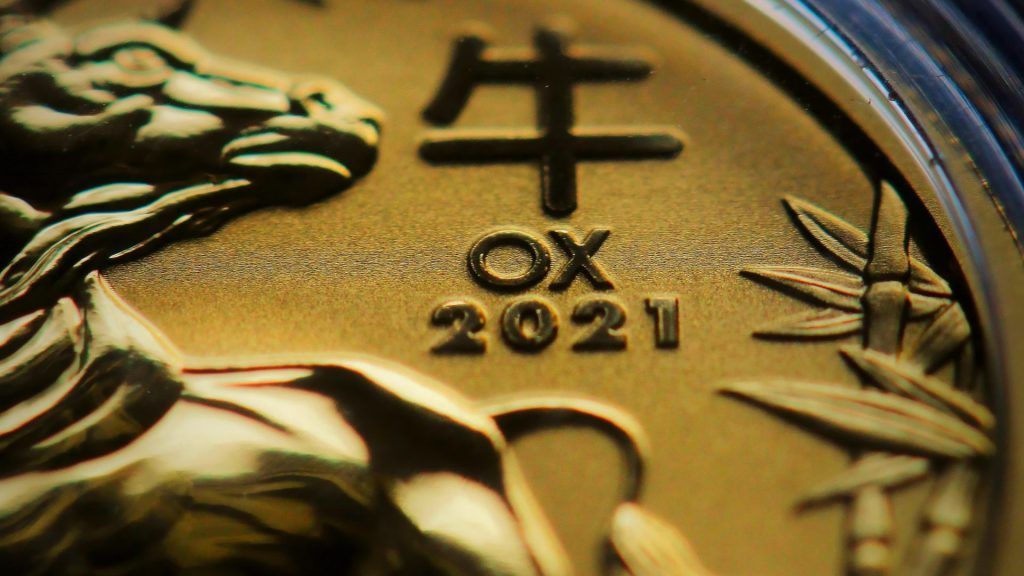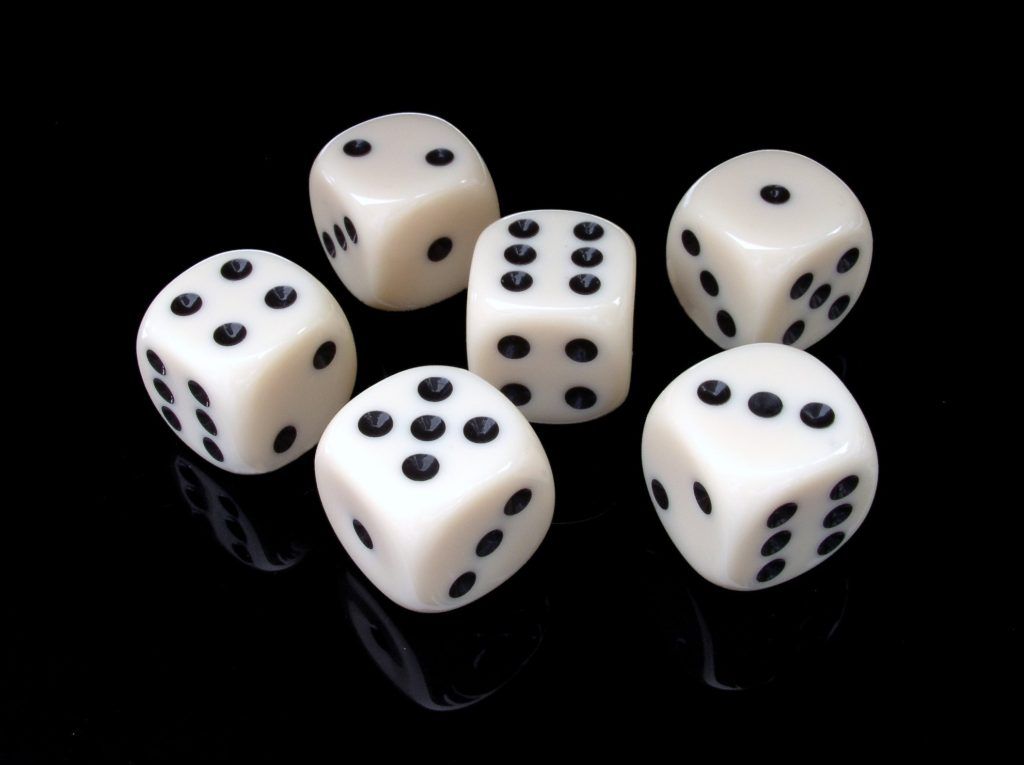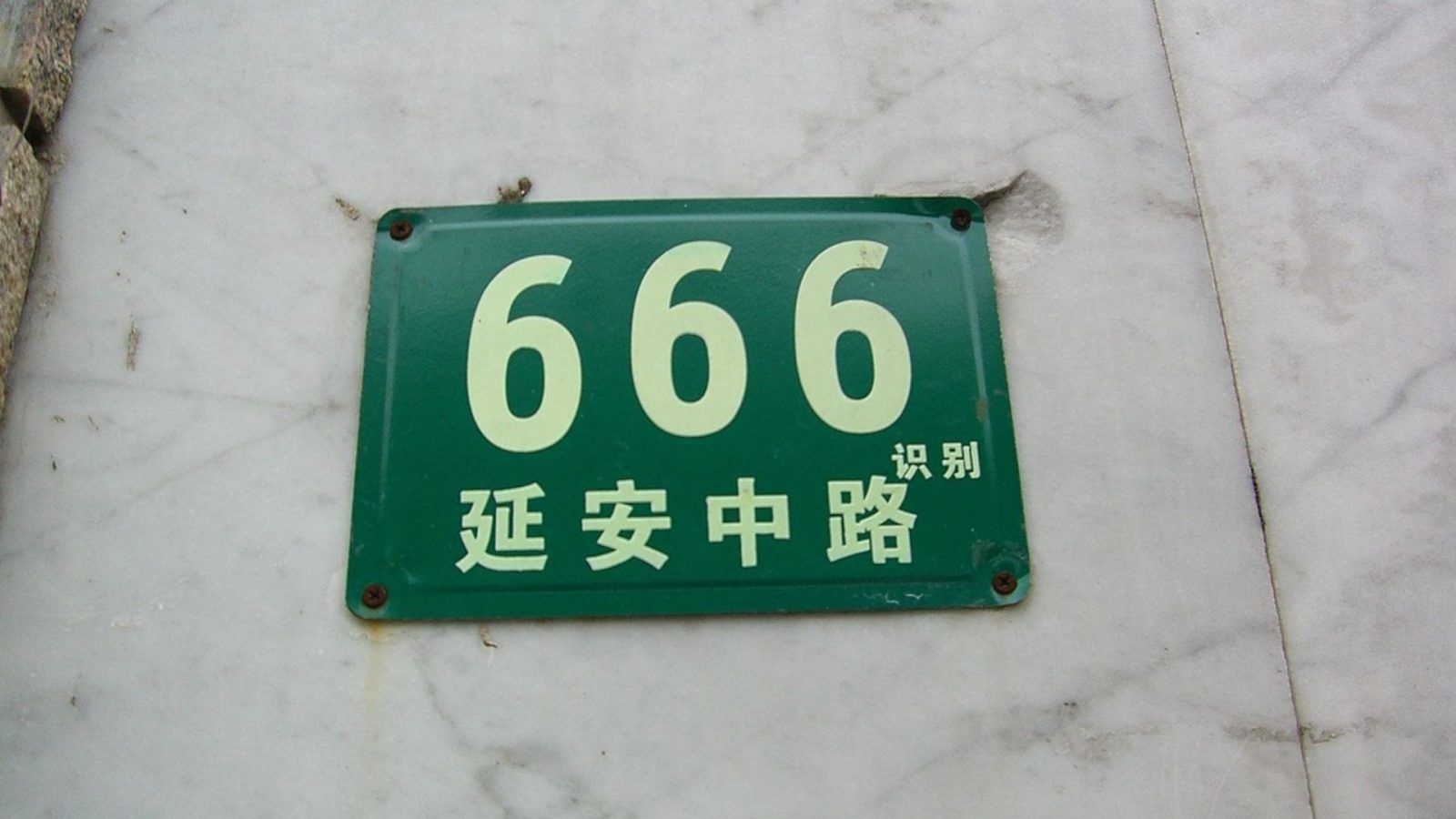Have you ever noticed any particular number that keeps making an appearance in people’s email, home addresses or car plate numbers often? And, is there anything numerically significant in your life based on your observation or experience? If yes, then probably you are ruled by that particular number. Chinese astrology attests a lot of significance to the power of numbers or numerology and your luck is determined by them, going by their ancient philosophy. Wish to know more about Chinese lucky numbers? Keep scrolling.
Even though numerology techniques followed by Western astrology reign supreme owing to its popularity, the Chinese belief in lucky and unlucky is ancient, diverse and a tad bit obtuse, especially for beginners. There are a set of numbers and certainly, good and bad omens are associated with them. Here is a guide to finding out your lucky number and understanding what impact it has on your love, professional and family life.
Chinese astrology believes that everything in nature has a particular numerical sequence and it hence makes sense to give importance to the pattern created by these numbers. Feng shui also follows the principles of Chinese numerology based on the Luo shu square philosophy. For the uninitiated, this practice came into being around 4,000 years ago after a turtle was spotted with an exact ‘three multiplied by three’ pattern of symmetrical nine squares. This formed the basis of a Lou shu square which categorises lucky and unlucky numbers according to traditional Chinese culture.
Chinese numerology calculator: How to find your lucky number?

Calculating your number according to the Chinese method is completely different from the Western numerology technique. Here, your birth year comes to play and depending on your gender certain numbers are added or subtracted.
For example, if your birth year is 1989, you need to add the last two digits, in this case, 8+9 = 17. Further, one needs to reduce this number to a single digit, that is 1+7 = 8. Now, a male has to subtract this digit from 10 which is 10-8 = 2. A female has to add 5 to the number. In this case, 8+5 = 13, to be further reduced to a single digit 1+3 = 4.
Every number has a certain significance in Chinese culture.
Lucky Numbers and their hidden meanings as per Chinese numerology

Number 1
A symbol of strength, positivity and drive, the number one is definitely a lucky number in Chinese numerology. It represents the yang principle which stands for masculine energy. Passionate and independent, the people whose lucky number is one usually get professional and monetary success in life.
Number 2
This is one of the luckiest numbers in Chinese numerology and represents the yin principle of harmony and balance. This works really well for partnerships and relationships of any kind and is preferred by those who are striving for a good relationship with their partners. If there is a word to describe the number two in Chinese numerology, it would be harmony.
Number 3
Growth, abundance and regeneration — the number three is about all this and more. In Mandarin, this number sounds like the word birth. Hence, it is often associated with new beginnings. Other than that, a Chinese mythical creature called a moon frog has three legs and is a symbol of prosperity.
Number 4
There is a reason why number four is such a dreaded number in Chinese culture. It sounds like the Chinese word for death and is believed to bring doom and destruction upon a person. Number four is an unlucky number according to Chinese numerology.
Number 5
The number five is all about balance and equilibrium. According to the feng shui principles which rely heavily on the balance of five elements — wood, fire, water, air and metal, number — five is considered lucky.
Number 6
Number six might be the luckiest number in Chinese culture as it denotes the sixth sense which symbolises the flow of the mind. Intelligent and highly perceptive, people with the number six are generally successful at everything they do.
The number six has a lot of positive meanings for Chinese people and is used on gifting envelopes for a happy marriage.
Number 7
Number seven is usually associated with the dead in this culture. The seventh month of the year is the ‘ghost month’ as per the Chinese calendar, but the meaning associated with it does not have to be negative as death also signifies the end of something to mark an auspicious new beginning, leading it to be treated as neutral sometimes.
Number 8
A very lucky number in Chinese numerology, the number eight signifies wealth and prosperity. A double eight is considered extremely lucky for those who aim to acquire wealth in life. The number is phonetically similar to the word prosperity in Mandarin.
Number 9
The last number on the Chinese numerology chart, number nine, is all about good luck, fame and fortune. It phonetically sounds like the word everlasting in Mandarin and is also associated with an ancient Chinese emperor who chose to wear royal robes with nine dragons on them.
Hero and featured images: Courtesy Harald Groven/Creative Commons Attribution-Share Alike 2.0/WikiCommons
Frequently Asked Questions (FAQs)
As per Chinese numerology, numbers six and eight are considered extremely lucky to attract fame, fortune, good vibes and money.
Chinese astrology believes that everything in nature has a particular numerical sequence and it hence makes sense to give importance to the pattern created by these numbers. This forms the basis of Chinese numerology. Feng shui also follows the principles of Chinese numerology based on the 'Luo shu' square philosophy.
Calculating your number according to the Chinese method is completely different from the Western numerology technique. Here, your birth year comes to play and depending on your gender certain numbers are added or subtracted.
As per the Chinese culture, number 13 signifies growth in all spheres of life.
The last number on the Chinese numerology chart, number nine, is all about good luck, fame and fortune. It phonetically sounds like the word everlasting in Mandarin, and is also associated with an ancient Chinese emperor who chose to wear royal robes with nine dragons on them.










